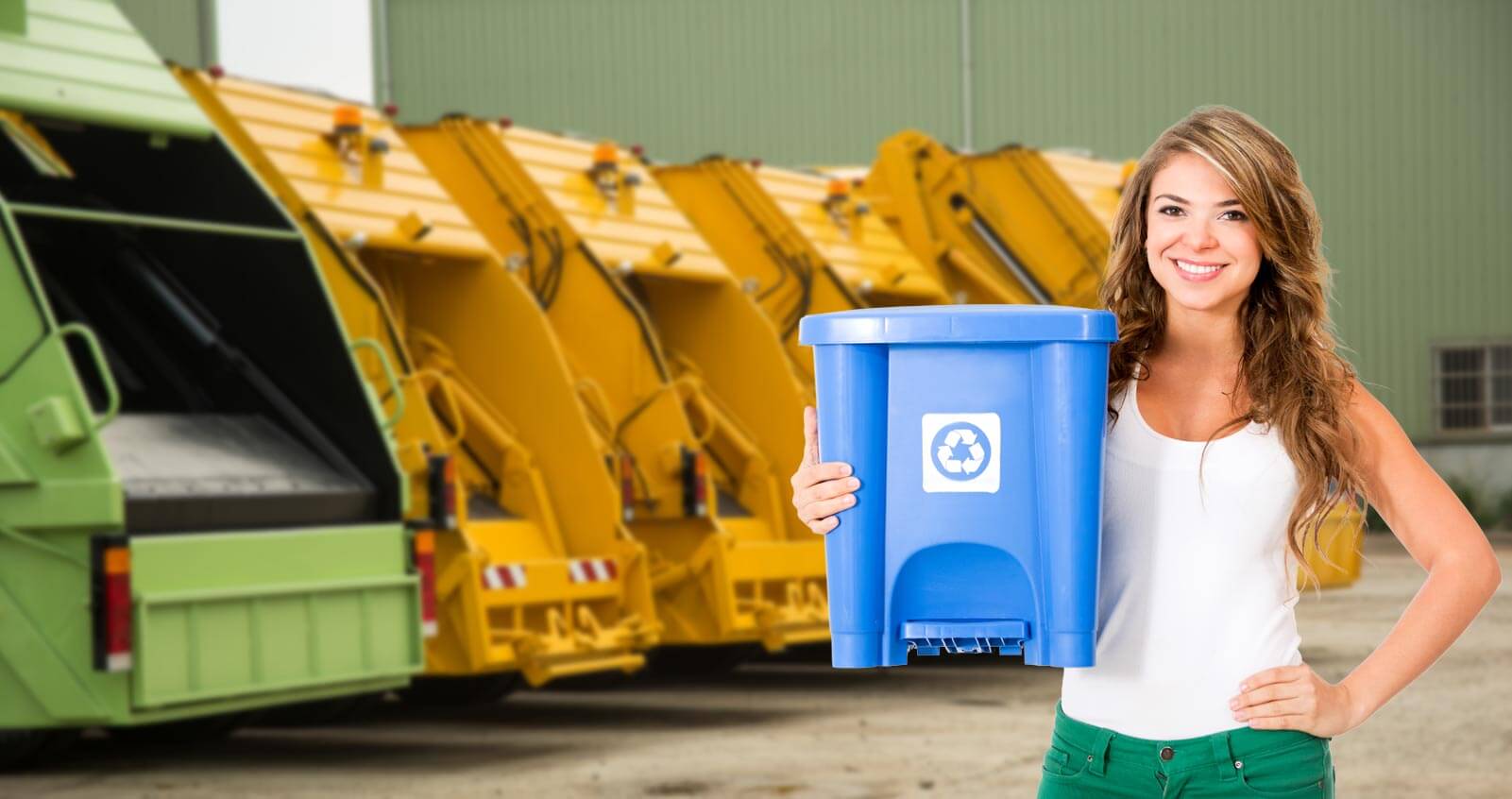Waste Disposal: Enhancing Business Productivity
Posted on 07/05/2025
Waste disposal may seem like a mundane business task, but its impact on overall productivity and profitability is significant. Efficient waste management not only helps businesses comply with regulations but can also save money, improve operational efficiency, and enhance their reputation. In this article, we will explore how effective waste disposal can enhance business productivity, along with tips, takeaways, pros, and cons.
The Importance of Waste Disposal
Proper waste disposal is critical for maintaining a clean and safe workplace. It involves the systematic collection, transportation, processing, recycling, and disposal of waste materials. Adopting efficient waste disposal practices can lead to:
Reduced Environmental Impact: Properly disposed waste reduces pollution and conserves natural resources.
Cost Savings: Efficient waste management can lower costs associated with disposal and fines from regulatory non-compliance.
Increased Operational Efficiency: Decluttering the workspace and making waste management efficient can lead to smoother business operations.

Impact on Business Productivity
Here's how effective waste disposal can enhance business productivity:
1. Streamlined Operations
Proper waste disposal systems ensure that waste materials are handled quickly and efficiently, preventing bottlenecks in production processes. This streamlining results in reduced downtime and improved workflow.
2. Improved Employee Morale
A clean working environment boosts employee morale and productivity. Workers are likely to be more motivated and efficient in a tidy and organized workplace.
3. Better Space Utilization
Cluttered workspaces can hamper productivity. Efficient waste disposal frees up valuable space that can be used for more productive activities, such as additional storage or workstations.
Compliance and Avoidance of Fines
Non-compliance with waste disposal regulations can result in hefty fines and legal issues. By adhering to local, state, and federal waste disposal regulations, businesses can avoid these penalties and maintain a good corporate image.
Tips for Enhancing Waste Disposal Efficiency
1. Conduct a Waste Audit
Performing a waste audit helps businesses understand the types and quantities of waste they produce. This information is crucial for developing targeted waste disposal strategies.
2. Implement Recycling Programs
Introducing recycling programs can reduce the volume of waste that ends up in landfills. Recyclable materials such as paper, cardboard, and plastics can be segregated and recycled, contributing to sustainability.
3. Educate Employees
Employee training on waste management practices is essential for success. Employees should be aware of the importance of waste disposal and trained in the correct procedures for segregating and disposing of waste.
4. Partner with Waste Management Companies
Collaborating with professional waste management companies can enhance efficiency. These companies bring expertise, equipment, and solutions tailored to the business's unique waste disposal needs.
5. Optimize Waste Containers
Providing appropriately sized and strategically placed waste containers can streamline waste collection. Ensure that recycling bins are placed next to trash bins for easy access and better segregation.
Pros and Cons of Efficient Waste Disposal
Pros
Cost Savings: Reduces the cost associated with waste disposal and potential fines.
Environmental Benefits: Minimizes the environmental impact and promotes sustainability.
Enhanced Reputation: Demonstrates a commitment to corporate social responsibility, enhancing the company's reputation.
Operational Efficiency: Improves the workflow and cleanliness of the workplace.
Cons
Initial Investment: Implementing effective waste disposal systems may require an initial financial investment.
Employee Training: Time and resources must be allocated for employee education and training.
Ongoing Management: Continuous monitoring and management are necessary to maintain efficiency.

Takeaways
Efficient waste disposal is crucial for enhancing business productivity and profitability.
Proper waste management can improve operational efficiency, boost employee morale, and ensure compliance with regulations.
Conducting waste audits, implementing recycling programs, and partnering with waste management companies are practical steps to improve waste disposal efficiency.
Be mindful of the initial costs and the need for ongoing management and training when implementing waste disposal systems.
Conclusion
Effective waste disposal is a critical component of business operations that can significantly enhance productivity. By implementing efficient waste management practices, businesses can not only comply with regulations and avoid fines but also improve their operational workflow, save costs, and promote a sustainable work environment. Investing in proper waste disposal systems and continuously educating employees will yield long-term benefits, driving both productivity and profitability.
By understanding the importance of waste disposal and taking proactive steps, businesses can transform waste management from a regulatory requirement into a source of competitive advantage.




